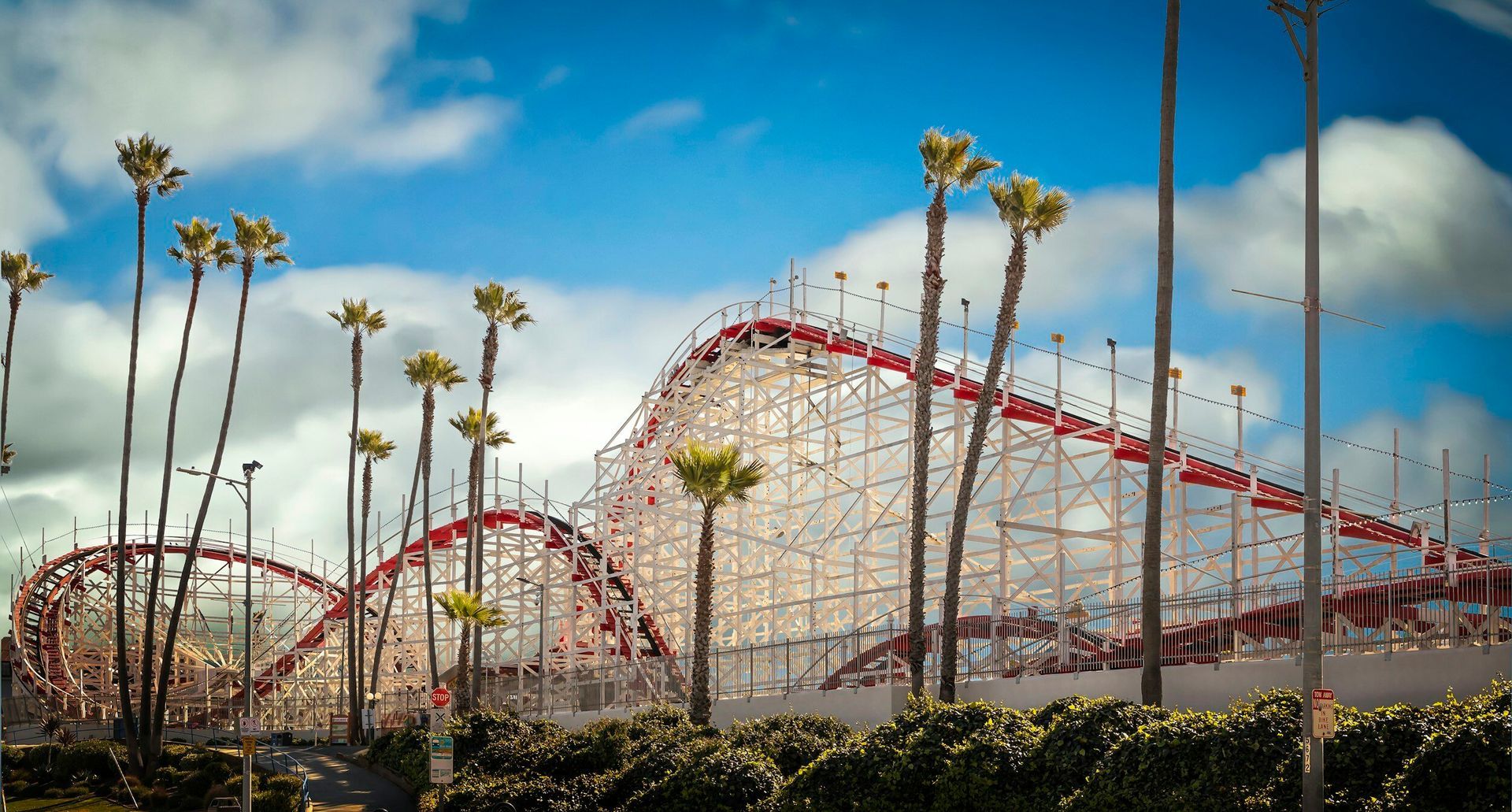Resources
Resources

By Sahra Kim
•
March 16, 2024
They say, “follow your gut.” I respectfully disagree.Every emotion has a function. In other words, the emotion you feel tells you something about the situation. When your friend talks behind your back – you may feel anger. When you trip and fall in front of a group of people – you may feel embarrassment. When you find out Leonardo Di Caprio doesn’t make it in the Titanic - you may feel sadness. All these emotions are valid, natural reactions to experiences. Never be ashamed of your natural reaction.The physical sensations that co-occur with a certain emotion may include that “gut feeling.”Emotions have a primitive function – survival. Emotions are innate to humans because it aids with survival. If you saw a bear 10 feet in front of you, that “gut feeling” or physical sensation signals to you that it may be a good idea to escape to greater your chance of survival.What are the physical sensations when you are on the peak of a rollercoaster? It may include increase heart rate, shallowed breathing, a feeling of a pit in your stomach, sweating, pain in your chest, and perhaps a “gut feeling”… The physical sensations you feel when you see a bear and when you are on top of the rollercoaster are somewhat similar to each other. It is our brains that labels seeing the bear as “fear” and being in a rollercoaster as “excitement.” Relying on that “gut feeling” alone can lead you astray. They tell you something important, but it is ultimately your brain that assess the situation to inform you whether a situation is actually dangerous or not. These physical sensations are an alert system designed to keep you alive, but it is your brain that assesses the situation. Your brain tells you rollercoasters as not dangerous. So pay attention to your emotions, but ALWAYS follow your brain.
Quick Links
Contact Information
Phone number: 617-249-4784
Email: kim@memory-gains.com
Business Hours
- Mon - Fri
- -
- Sat - Sun
- Closed
© 2025
All Rights Reserved | Memory Gains | Privacy Policy | Website Designed by Thriving Mind Marketing







